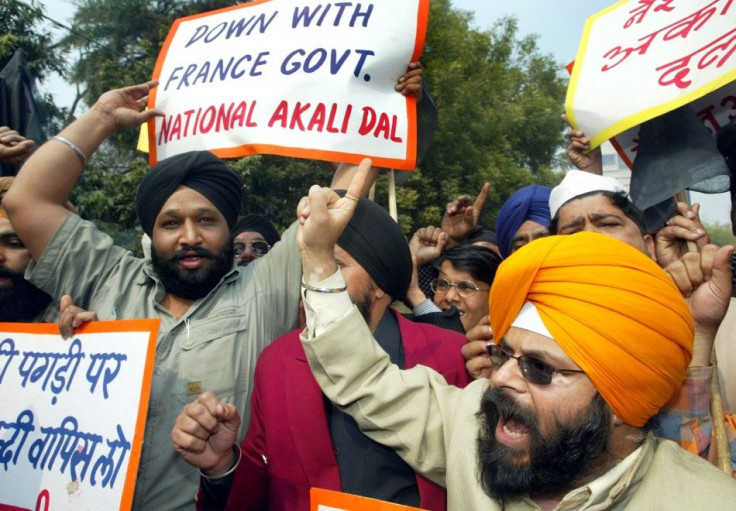Sikhs in France Get U.N. Support on Wearing of Turbans

A human-rights body of the United Nations has expressed its support for a Sikh man in France in his battle to wear his turban in defiance of French laws against religious headgear.
The United Nations Human Rights Committee (UNHRC) said that France was violating the rights of 76-year-old Ranjit Singh, a Sikh man living in France, with respect to his religious freedoms and also asserted that wearing turban did not pose a security risk.
Among other things, Singh complained that French authorities had forced him to remove his turban when having his passport photo, driver’s license photo or ID taken.
Those who refused to remove their faith-based headgear were usually denied passports or other forms of ID.
In Singh’s case, the absence of proper identification became a serious matter.
I cannot get myself treated, he told BBC. I cannot get X-rays, I cannot get my blood test done, I cannot get admitted to hospital.
Reportedly, Singh has not access to public health care since 2005.
In its judgment, the UNHRC said: Even if the obligation to remove the turban for the identity photograph might be described as a one-time requirement, it would potentially interfere with [Ranjit Singh's] freedom of religion on a continuing basis because he would always appear without his religious head covering in the identity photograph and could therefore be compelled to remove his turban during identity checks.”
Singh and another Sikh, 55-year-old Shingara Singh, went to the UN after courts in France declared that French officials were within their rights to ban turbans on grounds of security.
While most of the controversy in France over religious headgear has focused on Islamic veils, burqas and niqabs, there is also an aggrieved Sikh community in the country, albeit very small. In 2004, the Paris government banned the wearing of religious in schools, which included Sikhs turbans.
Singh cheered the UN’s ruling and told BBC: [The turban] is part of my body. It is my identity and I cannot part with it. I had faith that truth and justice would prevail and I patiently waited for this day.”
He added: I pray that France will now fulfill its obligation and grant me a residence card bearing my photo without baring my head.
Preneet Kaur, India’s minister of state for external affairs and a Sikh, also hailed the UN decision for making everyone realize what the turban means to Sikhs.
However, the UN decision is not binding and has no real legal authority in France.
Nonetheless, Sikh groups are hoping the decision sets a precedent.
Mejinderpal Kaur of United Sikhs, a Sikhs rights group which supported Singh’s case, told media: We now look to France to fulfill its treaty obligations under international law and its moral duty to ensure that the freedom of religion and belief is upheld for everyone who lives within its territory.
© Copyright IBTimes 2025. All rights reserved.





















